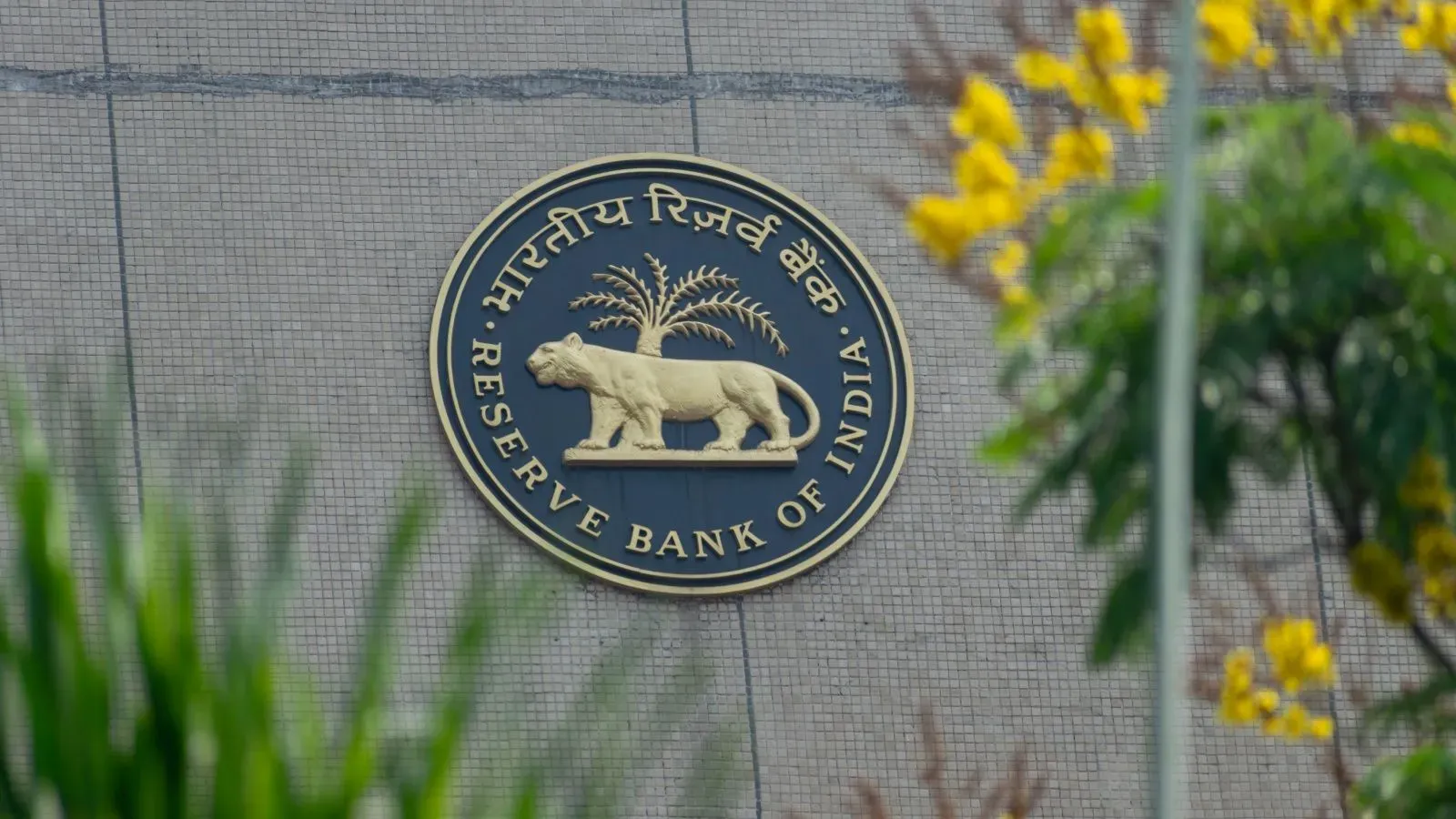Personal Finance News
What are Treasury Bills (T-bills) and how are returns calculated?

4 min read | Updated on August 07, 2025, 18:46 IST
SUMMARY
Treasury bills are zero-coupon securities that investors can buy at a discount during the auction. On maturity, the full face value is given to the investor.

RBI Retail Direct allows automated reinvestment in Treasury Bills. | Representational image source: Shutterstock
Retail investors can use this new facility to systematically plan and automate their investments in T-bills.
"We are expanding the functionality in RBI Retail-Direct platform to enable retail investors to invest in treasury bills through systematic investment plans," the Governor had said.
Later, the RBI confirmed that an auto-bidding facility for both investment and re-investment has been enabled in RBI Retail Direct.
"To enable investors to systematically plan their investments, an auto-bidding facility for Treasury bills (T-bills), covering both investment and re-investment options, has been enabled in Retail Direct. The new functionality helps investors to mandate automatic placement of bids in primary auctions of T-bills," RBI said in its 'Statement on Developmental and Regulatory Policies.'
How will auto-bidding help?
As per the latest update on the RBI Retail Direct portal, the auto-bidding facility will allow retail investors to reinvest their maturity proceeds of T-bills through automatic placement of bids in primary auctions.
"The Auto-bidding facility for reinvestment in T-Bills has been enabled in the Retail Direct portal and mobile app. This facility will help in reinvestment of maturity proceeds of T-bills through automatic placements of bids in primary auctions of T-bills. The bids will be placed in auction lot sizes, i.e., minimum ₹10,000 and in multiples of ₹10,000 thereafter, as per the amount (in percentage of maturity proceeds) and the period of re-investment specified by the investor in the Rule for Auto-bid for reinvestment," the Retail Direct portal said in an update.
What are Treasury Bills?
Treasury Bills or T-bills are short-term debt instruments issued by the Government of India to raise funds. Currently, they are issued in three tenors: 91 day, 182 day, and 364 day.
How to calculate returns from T-bills?
T-bills do not have fixed interest rates. Your income from T-bills will depend on the difference between the issue price and the maturity value. Let's understand how this works and how to calculate the returns:
Treasury bills are zero-coupon securities that investors can buy at a discount during the auction. On maturity, the full face value is given to the investor. Therefore, the return for the investor will be the difference between the maturity value or the face value and the issue price.
The face value of one unit of T-bill is ₹100.
For example, the last 91-day T-bill auctioned on July 31, 2025 of ₹100 face value was issued at ₹98.6750 after the completion of the auction. In percentage terms, the annualised yield for this investment is approx. 5.39%.
Similarly, 182-day T-bill of ₹100 face value was issued at ₹97.3224. The yield for investors in this case is 5.51%.
You can use the following formula to calculate the yield or returns from T-Bills:
Where,
P = Purchase price D = Days to maturity Day count for T-Bills = (actual number of days to maturity/365)
Examples:
Suppose the issue price of a 91-day T-bill is ₹98.3. Using the above formula, yield will be = [(100-98.3)/98.3) x 365/91]x100 = 6.94%.
Now, suppose after 50 days, the same T-Bill is trading at a price of ₹99, the yield then would be = [(100-99)/99) x (365/41)]x100 = 8.99%
T-Bills are issued through auctions conducted by the RBI. The central bank issues the auction calendar for T-bills in advance with information about the amount borrowed, tenor of securities, and the auction period.
Usually, the central bank conducts auctions every Wednesday to issue T-Bills of 81-day, 182-day, and 364-day tenors. The settlement of T-Bills is made on a T+1 day, i.e., on the working day following the trade day.
Related News
By signing up you agree to Upstox’s Terms & Conditions
About The Author
Next Story


